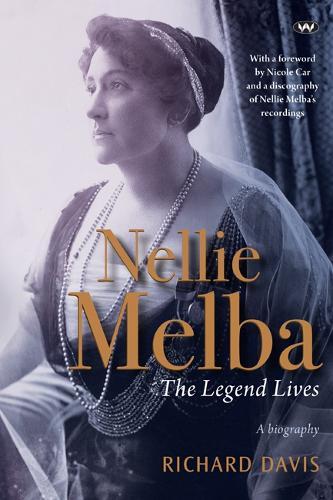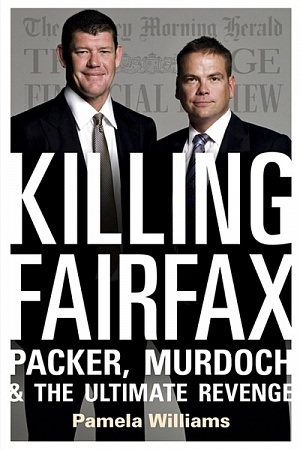A Bigger Picture
Hardie Grant Books, $55 hb, 704 pp
A Bigger Picture by Malcolm Turnbull
Malcolm Turnbull looks us straight in the eye from the cover of this handsome book, with just a hint of a smile. He looks calm, healthy, and confident; if there are scars from his loss of the prime ministership in August 2018, they don’t show. The book’s voice is the engaging one we heard when Turnbull challenged Tony Abbott in July 2015 and promised a style of leadership that respected people’s intelligence. He takes us from his childhood in a very unhappy marriage, through school and university, his astonishing successes in media, business, and the law, his entry into politics as the member for Wentworth, and ends with his exit from parliament.
It is a Sydney story, full of the Sydney identities Turnbull worked with as he made his name and fortune: Kerry Packer, of course, but a host of others, and the politicians, like Neville Wran and Bob Carr, who were his friends. Like the young Paul Keating, Turnbull sat at the feet of Jack Lang. The stories of his successes, friendships, and enmities before he entered politics are lively and well told, but they have a rehearsed feel, the jagged edges worn away. The book’s energy is in his three years as prime minister (2015–18) which occupy more than half the book.
Continue reading for only $10 per month. Subscribe and gain full access to Australian Book Review. Already a subscriber? Sign in. If you need assistance, feel free to contact us.















Comments (2)
Leave a comment
If you are an ABR subscriber, you will need to sign in to post a comment.
If you have forgotten your sign in details, or if you receive an error message when trying to submit your comment, please email your comment (and the name of the article to which it relates) to ABR Comments. We will review your comment and, subject to approval, we will post it under your name.
Please note that all comments must be approved by ABR and comply with our Terms & Conditions.